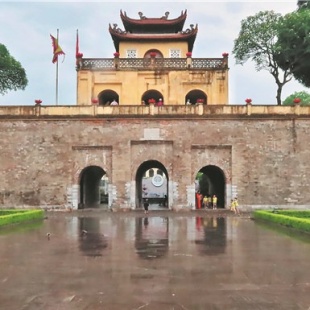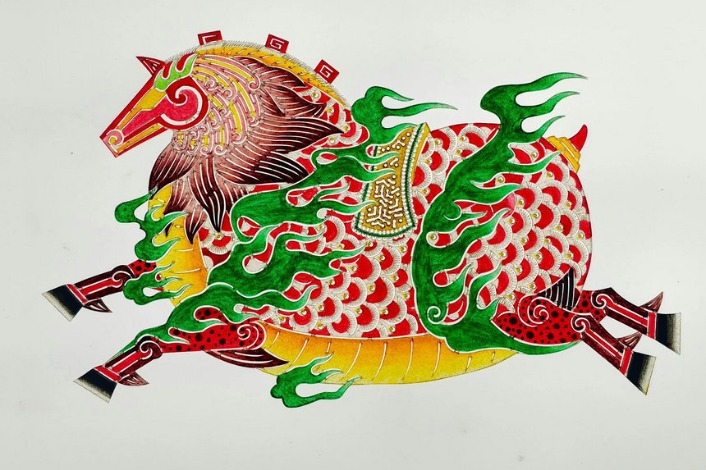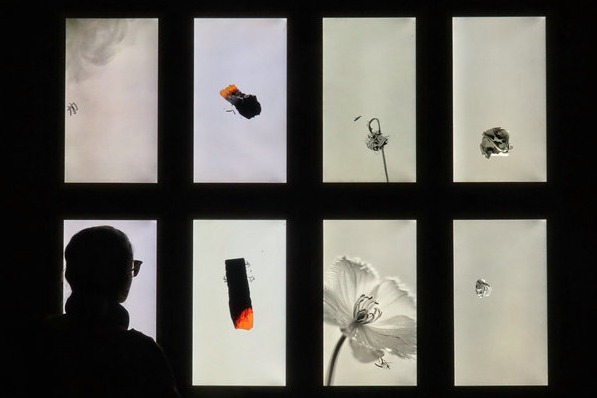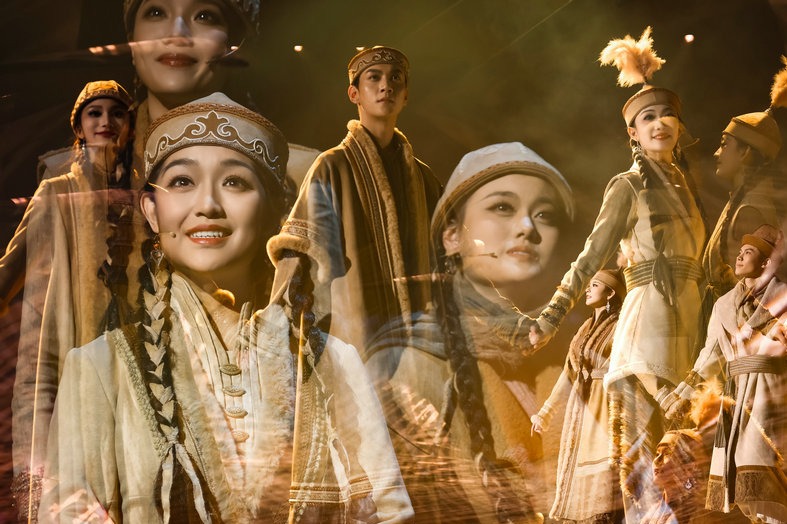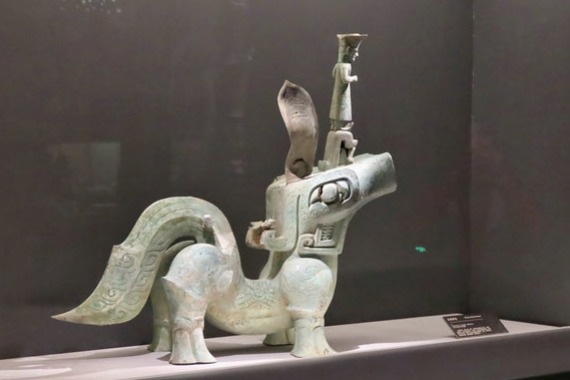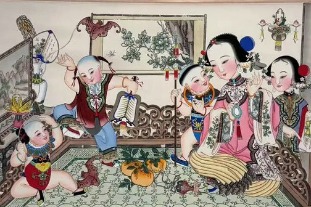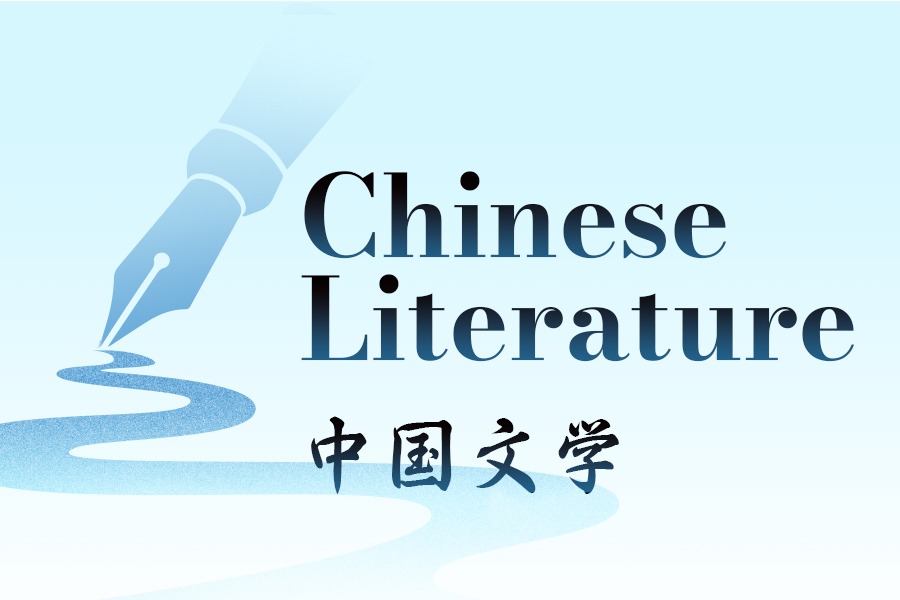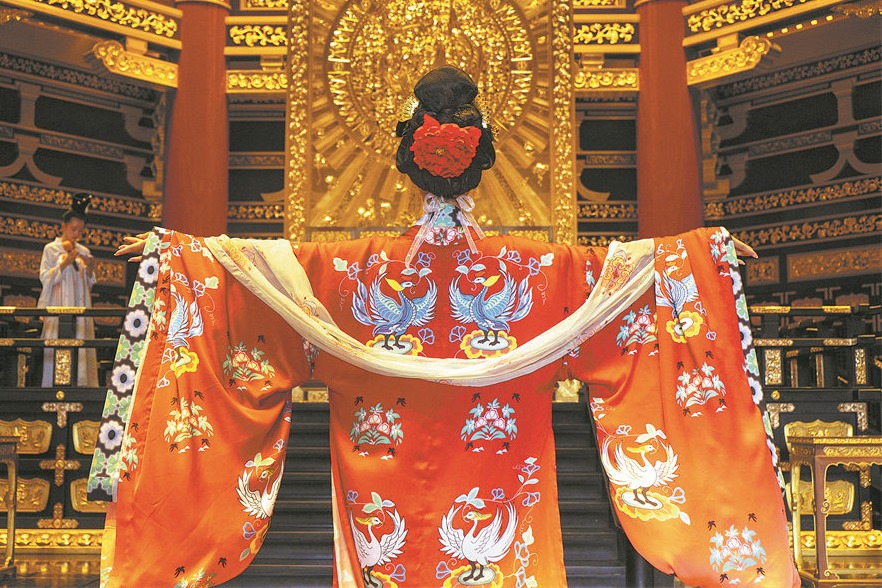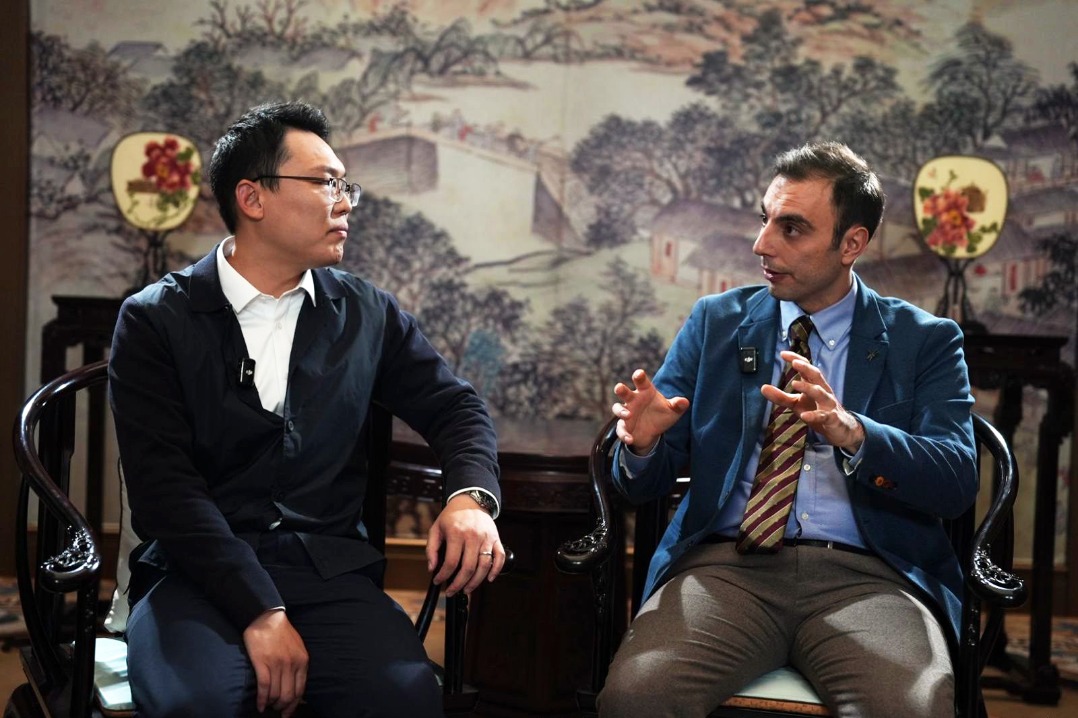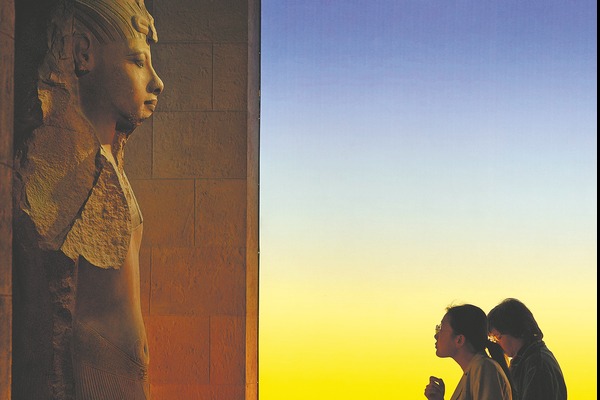Decoding a soaring dragon
Former imperial site in Vietnam leaves an intriguing opportunity for cross-border cooperation, reports Wang Kaihao in Hanoi.


Echoing humanities
In 2022, the Palace Museum announced the launch of a long-term academic exchange project, known as the Taihe Visiting Scholar Fellowship Program, which is named after Taihe Dian (the Hall of Supreme Harmony), the highest-level architecture in the Forbidden City.
The program sponsors researchers of the museum to conduct their comparative studies abroad and overseas scholars to have their related projects in the Forbidden City. Wu is among the first scholars benefiting from the program and thus beginning his groundbreaking research in Hanoi.
According to Wang Xudong, director of the Palace Museum, the project aims to enhance cross-border cultural dialogue and mutual understanding by breeding talent with a global vision.
He then said: "Openness is a must in this fast-changing world, and the spread of culture cannot be unidirectional. It has to be reciprocal."
The Imperial Citadel of Thang Long, where contacts between the two neighboring countries stretched across a millennium, looks like an ideal place to review the meaning of reciprocal communications.
"Like the Forbidden City in Beijing, it demonstrates shared traditional ethics and values of China and Vietnam through its architecture highlighting the importance of rituals," Peng Shituan, cultural counselor of the Chinese embassy in Vietnam, tells China Daily.
"It further represents a shared ideal to pursue benevolence in governance, a core value in Confucianism, which upholds people-oriented ideology," Peng, also a poet and expert on cultural history, adds.
"Once sitting on the throne, the ruler in ancient times took responsibility for the nation, ancestors, and people. That is the bond connecting the cultures of the two countries."


